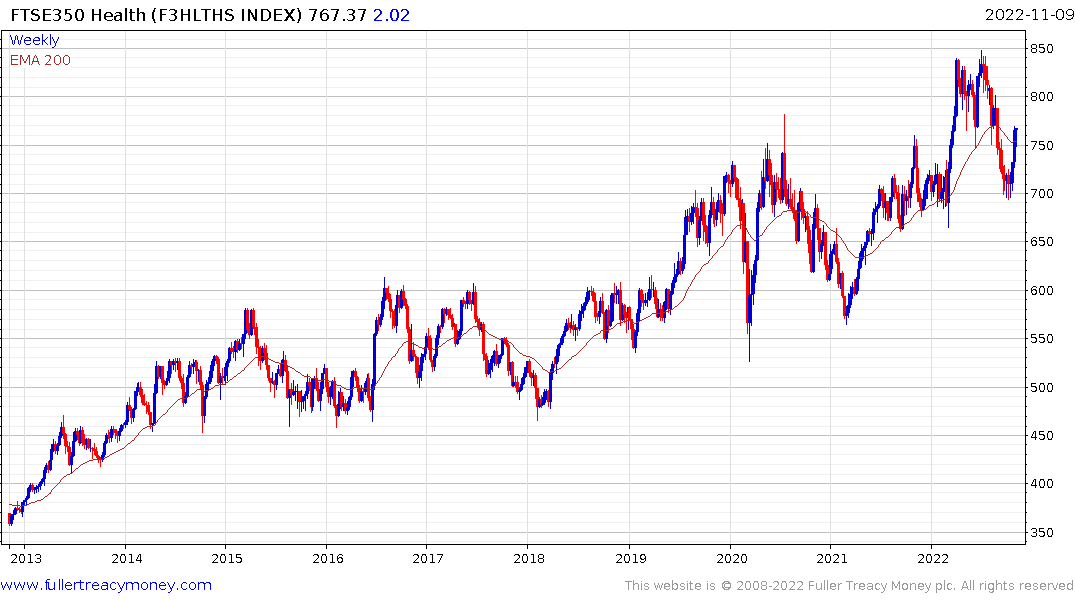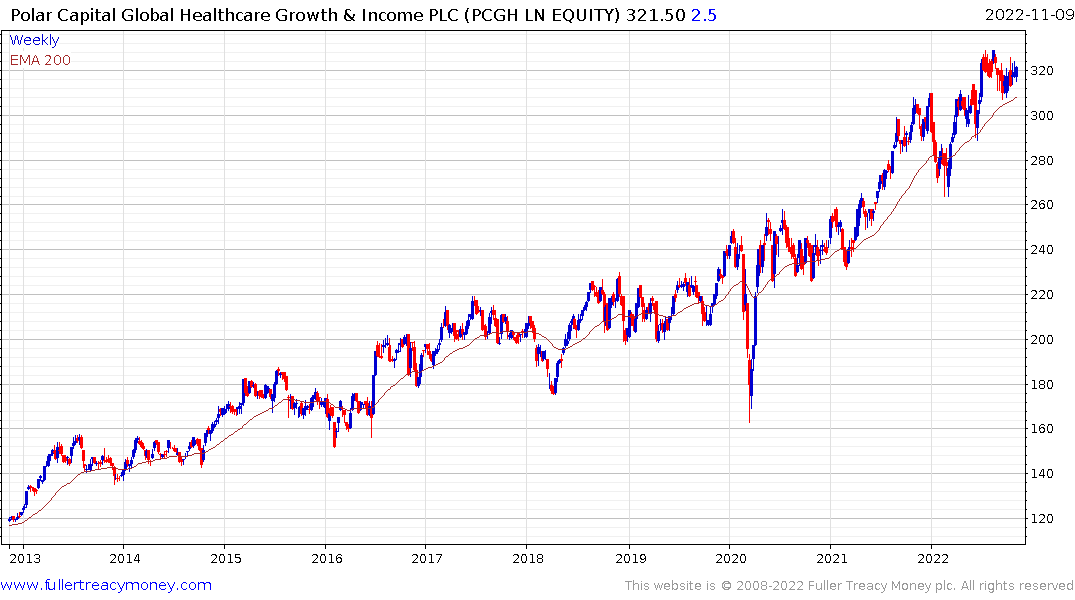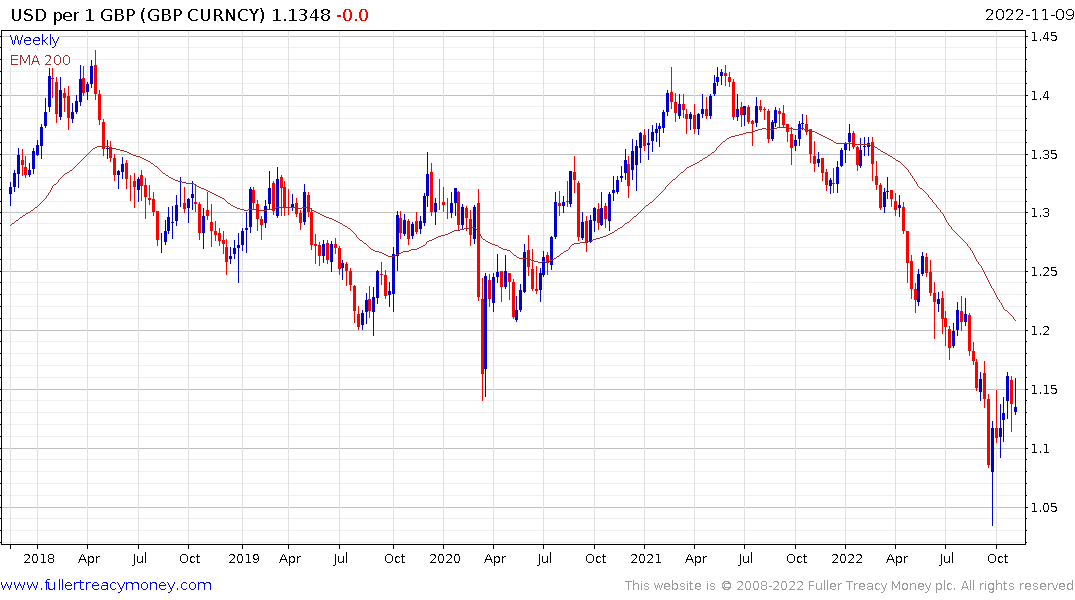NHS Nurses Vote for Biggest Strike in Over a Century Over Pay
This article from Bloomberg may be of interest to subscribers. Here is a section:
The strikes could start before the end of this year and last until May 2023, the RCN said in a statement. The historic ballot came after nurses were unhappy when the government offered them a package in July that would see the average nurse’s pay increasing 4%.
Strikes are currently sweeping across the UK from rail to ports as the worst inflation in four decades is eroding workers’ real income and living conditions. Workers in the country’s health sector are under particular pressure as the Covid-19 pandemic enters its third year and with many hospitals struggling to cope with long waiting lists of patients needing treatment and packed Accident & Emergency departments.
Industrial action will only take place in health-care settings that met the relevant legal requirements but the majority of NHS employers will be affected, the RCN said.
“Anger has become action - our members are saying enough is enough,” said Pat Cullen, RCN General Secretary & Chief Executive. “Our members will no longer tolerate a financial knife-edge at home and a raw deal at work.”
Unison is currently balloting 350,000 other NHS employees across England, Wales and Northern Ireland to strike over pay. The Royal College of Midwives and the Chartered Society of Physiotherapy are also organizing ballots for their members in November, raising the possibility of the UK facing coordinated strikes across different health unions.
Strike action from the NHS was inevitable. It’s a large worker group with strong union representation in a vital sector. That means workers are in a better position to pressure the government into concessions than other interest groups which is all the incentive required to push the issue.
Here is a section from the Office of National Statistics website.
Our initial estimates suggest that government healthcare spending in 2021 was in the region of £229 billion, accounting for over four-fifths (83%) of total healthcare expenditure. This was higher than spending in any other year, including 2020. In 2021, healthcare spending represented around 45% of overall government spending on goods and services in the UK (General Government final consumption expenditure). This figure, using the definitions of the System of Health Accounts 2011, includes many long-term care services typically considered as social care in the UK.
Year-on-year growth in this measure of government healthcare expenditure in 2021 was 7.5%, relative to 20.7% in 2020. Adjusting for general inflation within the economy, relative growth in healthcare spending was reduced to 7.2% in 2021 and 14.9% in 2020.
These figures are not incorporating the additional employment costs which will inevitably arise from the strike action. There is no easy answer to the escalating cost of healthcare and even if there were the political cost of tampering with the health service is something no government would survive. The simple fact is it is costly and time consuming to provide an aging population with adequate healthcare and that is particularly true in a bureaucracy unaccustomed to businesslike cost efficiencies.
 The FTSE-350 Health Care Index continues to hold a medium-term sequence of higher reaction lows.
The FTSE-350 Health Care Index continues to hold a medium-term sequence of higher reaction lows.
 The Polar Capital Global Healthcare Trust remains in a consistent uptrend. It is trading at a 6.39% discount to NAV which is close to the average historically.
The Polar Capital Global Healthcare Trust remains in a consistent uptrend. It is trading at a 6.39% discount to NAV which is close to the average historically.

The Pound continues to encounter resistance in the region of $1.15 versus the US Dollar.


